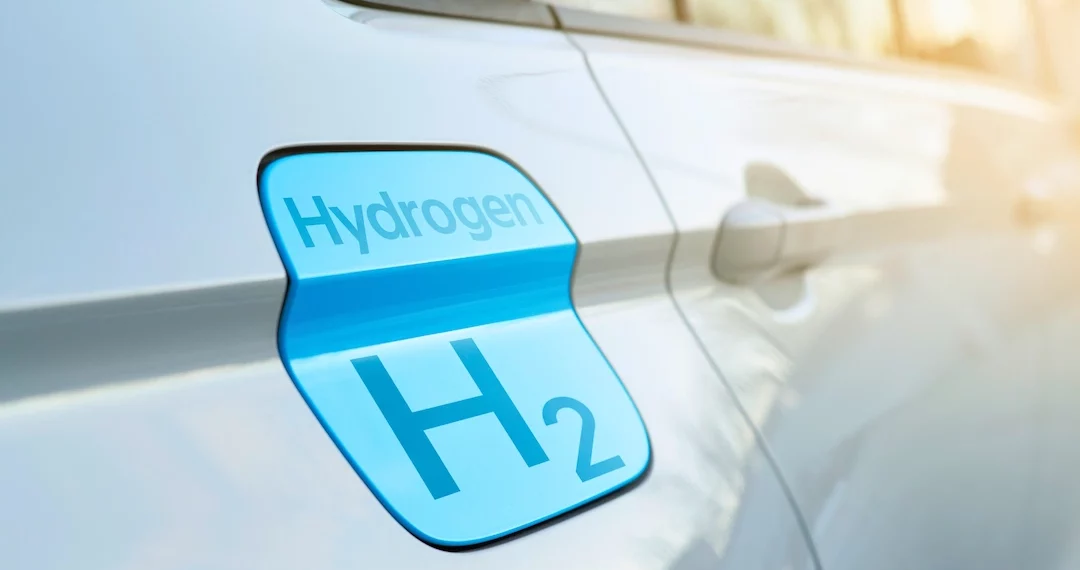Although the world’s attention is directed towards electric cars as the only way to an emissions-free future, interest has recently focused on hydrogen cars in general. Attention has turned in particular to lithium-free hydrogen batteries as a source of energy instead of other batteries because of their many advantages, making them a preferred choice for electric vehicle manufacturers.
New News - Cars
Will Hydrogen Outperform Batteries as a Power Source in Electric Cars?
Experts believe that these batteries will be very popular in the world of electric cars because of their long lifespan and their absence of any toxic materials in their manufacture. Which may support the concept of “safe driving free of carbon emissions.”
However, a number of critics of electric cars claim that the world should not completely abandon gasoline and diesel engines due to the problems that electric cars have raised since their appearance, most notably the possibility of the electric car being exposed to complete combustion.
The question is: Can hydrogen provide a third solution that is superior to batteries?
Automotive Giants Support the New Trend
The Japanese company Toyota is one of the most vocal supporters of hydrogen cars, and its president, Akio Toyoda, said last month that he believes the percentage of battery-powered cars will peak at 30%, with hydrogen and internal combustion engines making up the remaining percentage.
Oliver Zipse, BMW CEO, said:
Hydrogen is the answer when it comes to zero-emission transportation.
Zipsi pointed out the company’s plan to invest heavily in battery technology, but the company is currently testing its BMW iX 2024, which runs on hydrogen fuel cells.
Stellantis, which specializes in developing, manufacturing and selling cars for 16 brands, also began producing hydrogen trucks in France and Poland last month.
Challenges that May Hinder the Production of Hydrogen Cars
Some experts agree that hydrogen production itself is a waste of energy, with Tesla boss Elon Musk calling the technology a “foolish sell” asking: Why use green electricity to produce hydrogen when you can use the same electricity to power a car? He added: “Every energy conversion involves waste heat.”
As David Sibon, professor of mechanical engineering at the University of Cambridge, sees it:
Producing the hydrogen needed to operate a car requires about three times the electricity needed to charge the battery alone, which is a waste of energy.
Experts at the International Energy Agency believe that by 2050, hydrogen cars will constitute 16% of vehicles on the roads in general, leading to a world free of emissions, especially with regard to trucks and long-distance buses.
Thanks for reading this story on New News Cars! Share it and 📩 Subscribe to our newsletter.
Source: The Guardian






















